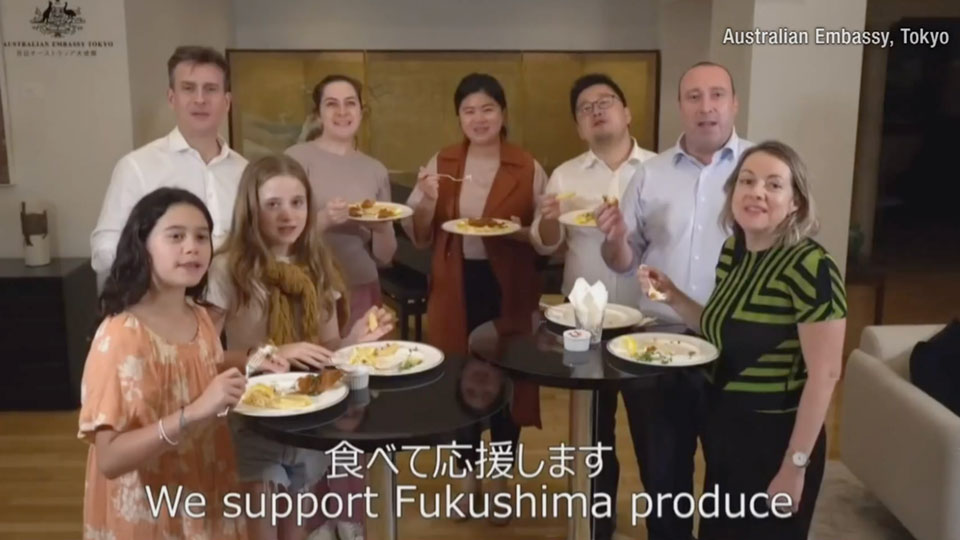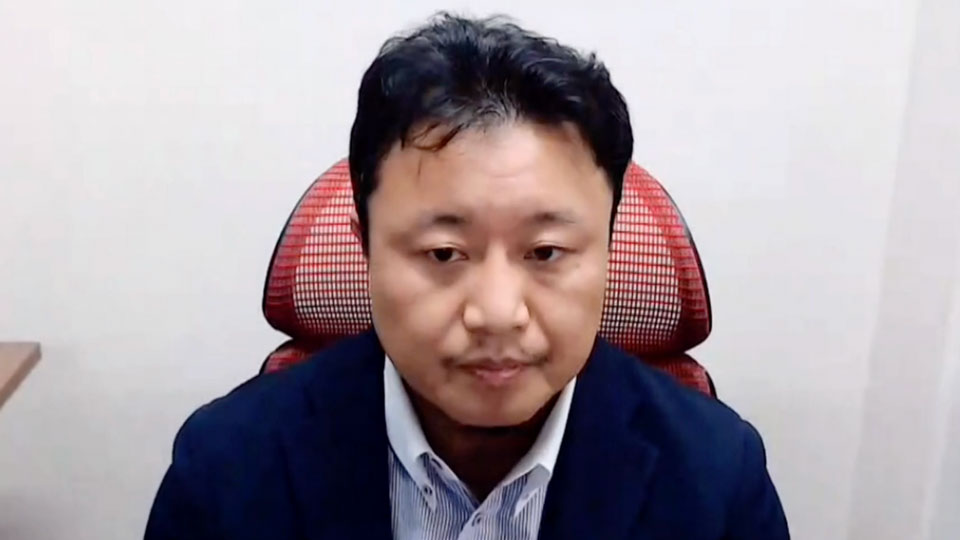The Australian Embassy in Tokyo recently released a video that states Fresh Fukushima halibut is perfect for fish and chips," with embassy officials saying, "We support Fukushima produce."

It's the kind of encouragement the prefecture is hoping for amid the release of the treated and diluted water from the damaged Fukushima Daiichi nuclear power plant. But the discharge has prompted a slew of unfounded rumors. And China, which is Japan's biggest buyer of seafood, has suspended imports of these products from the country.
This move has become a major issue for Iwaki City. Like other communities in Fukushima, the fishing industry is a major part of its economy. But Japanese people are stepping up support and directing part of their resident tax payments as donations.
Iwaki officials say donations to the city government have jumped from about 40 a day to more than 400 since the water release date was announced on August 22. That amounts to around 50,000 dollars daily. The donors receive local products, mostly seafood, in return, and they can also leave their own messages.

"I'm excited to receive such delicious fish," reads one.
"Don't give in to the reputational damage," says another.
And this one summarizes what many Japanese want to convey to residents in the prefecture: "Don't forget that many people believe in Fukushima."
Ogawa Jinichi, a deputy director of Innovation and Strategy Promotion Division of Iwaki City, welcomes the move. He says it will be a great encouragement for the fishermen, processing businesses, distributors and everyone involved.
"We're very grateful that people across the country have supported Fukushima and Iwaki City so much," he says.
But disaster sociologist Sekiya Naoya warns that this wave of support won't last forever. He has been researching the nuclear accident and says the prefecture should continue to expand its industries.
"It's important to ensure that people are still consuming Fukushima's products and paying attention when things get back to normal," he says. He also points out data can be key to luring more domestic and international consumers.
Plant operator Tokyo Electric Power Company, or TEPCO, monitors radiation levels in the nearby sea and even in fish, and puts that information online.
Sekiya says it's notable that the results of the tests on various marine products have confirmed that the products are safe for human consumption.

Officials say seven countries and regions are still restricting food imports from Fukushima. Sekiya says in order to change that, Japan must continue to provide data in a transparent manner, but also explain the results so that the message resonates.


